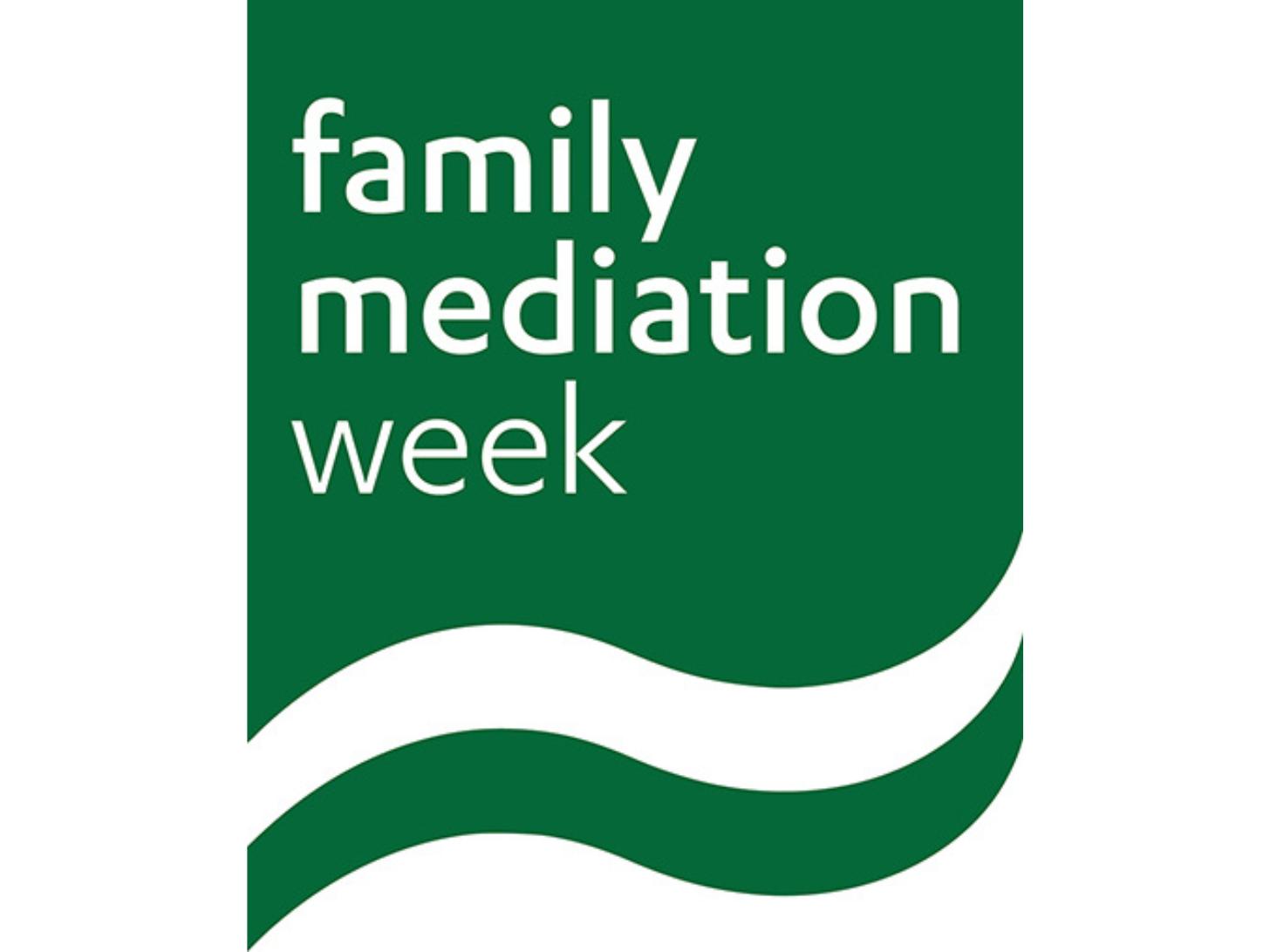Family Mediation Week and Government Voucher Extension
Parents living in the region who have decided to separate or divorce in 2025 are being urged to find out how to avoid courtroom confrontation to settle money and parenting arrangements, with the launch of Family Mediation Week, 27th – 31st January.
The Government has chosen this week to announce the extension to its £500 Voucher Scheme (to March 2026), which is available to separating families to help them sort out their child arrangements.
Helen Derry, Head of Mediation at Sills Mediation says “Family Mediation Week is designed to raise awareness of the benefits of family mediation, a process that can help ex-partners agree what works for them, whilst avoiding the court process with all the stress, delay and cost it can bring. Many parents emerge from the festive period feeling defeated by the pressures on relationships and finances that have been highlighted during the holiday period”.
Parents in this position often don’t know which way to turn. Their life-changing decision to separate brings with it so many tough questions:
- Who lives where?
- Where will the children live, and how will we make sure we each spend time with them?
- How will we sort money?
- What about debts and pensions?
- And even the family dog?
Family Mediation Week shines a helpful spotlight on these tricky issues, offering separating parents information about their options as they look to make arrangements for parenting, property and finance.
Family mediation is a process where an independent, professionally-trained mediator helps you work these things out, enabling you to avoid courtroom confrontation. Professional mediators help empower you to create long-term solutions for your particular circumstances, rather than leaving it to a court to make decisions for your family.
Anyone wanting to know more about the benefits of family mediation can visit our homepage or call 01522 551613.
Family Mediation Week and Government Voucher Extension
Parents living in the region who have decided to separate or divorce in 2025 are being urged to find out how to avoid courtroom confrontation to settle money and parenting arrangements, with the launch of Family Mediation Week, 27th – 31st January.
The Government has chosen this week to announce the extension to its £500 Voucher Scheme (to March 2026), which is available to separating families to help them sort out their child arrangements.
Helen Derry, Head of Mediation at Sills Mediation says “Family Mediation Week is designed to raise awareness of the benefits of family mediation, a process that can help ex-partners agree what works for them, whilst avoiding the court process with all the stress, delay and cost it can bring. Many parents emerge from the festive period feeling defeated by the pressures on relationships and finances that have been highlighted during the holiday period”.
Parents in this position often don’t know which way to turn. Their life-changing decision to separate brings with it so many tough questions:
- Who lives where?
- Where will the children live, and how will we make sure we each spend time with them?
- How will we sort money?
- What about debts and pensions?
- And even the family dog?
Family Mediation Week shines a helpful spotlight on these tricky issues, offering separating parents information about their options as they look to make arrangements for parenting, property and finance.
Family mediation is a process where an independent, professionally-trained mediator helps you work these things out, enabling you to avoid courtroom confrontation. Professional mediators help empower you to create long-term solutions for your particular circumstances, rather than leaving it to a court to make decisions for your family.
Anyone wanting to know more about the benefits of family mediation can visit our homepage or call 01522 551613.





